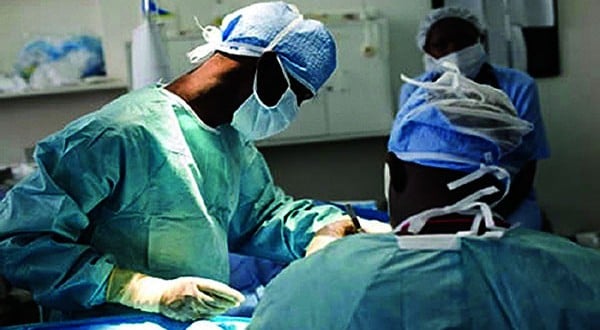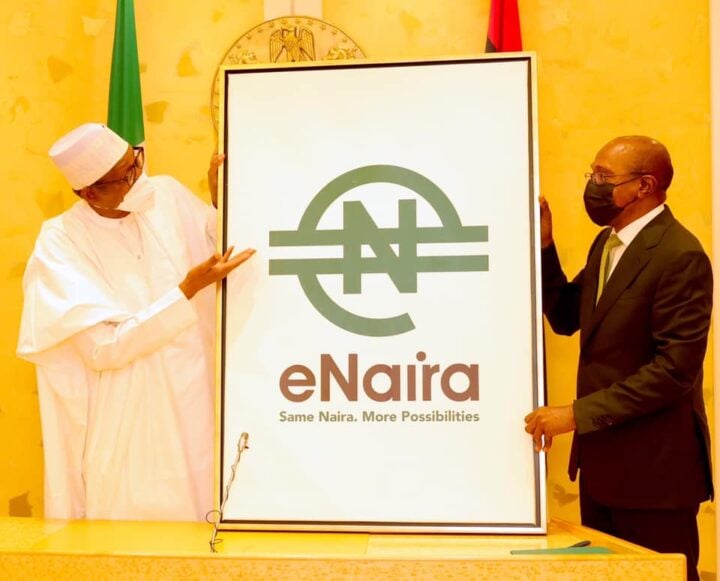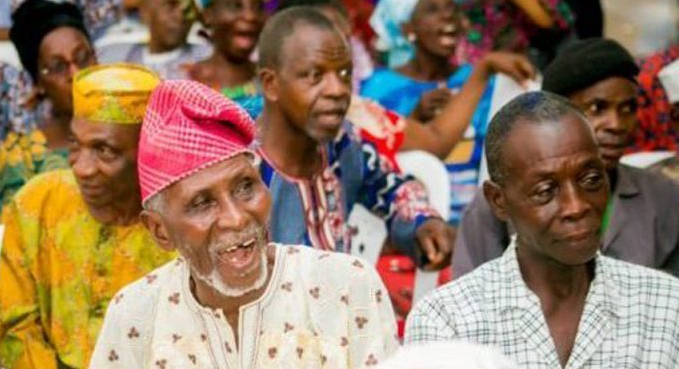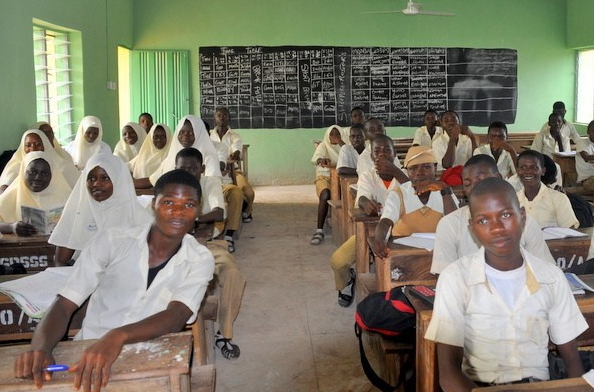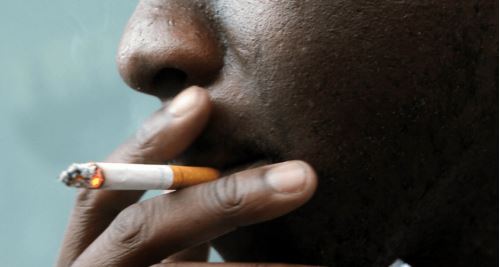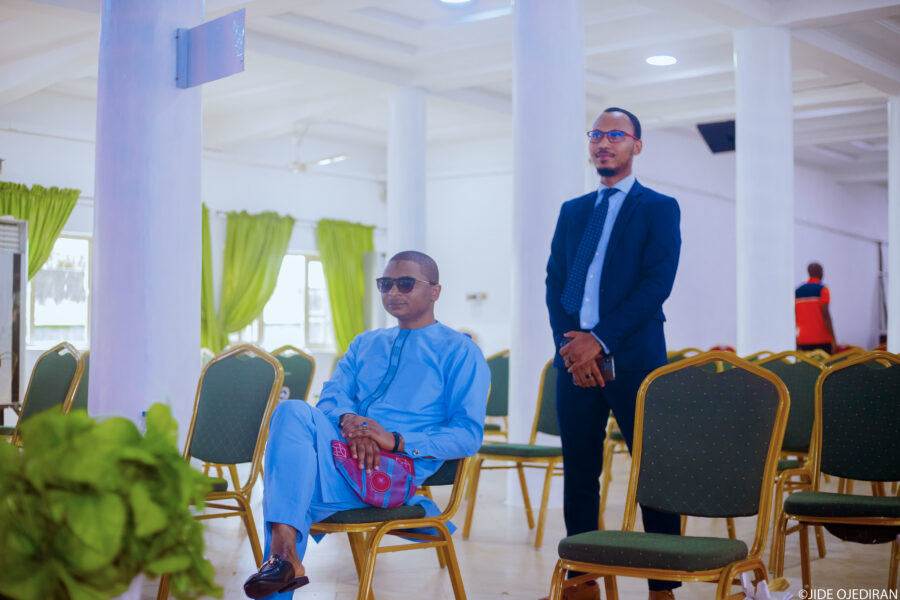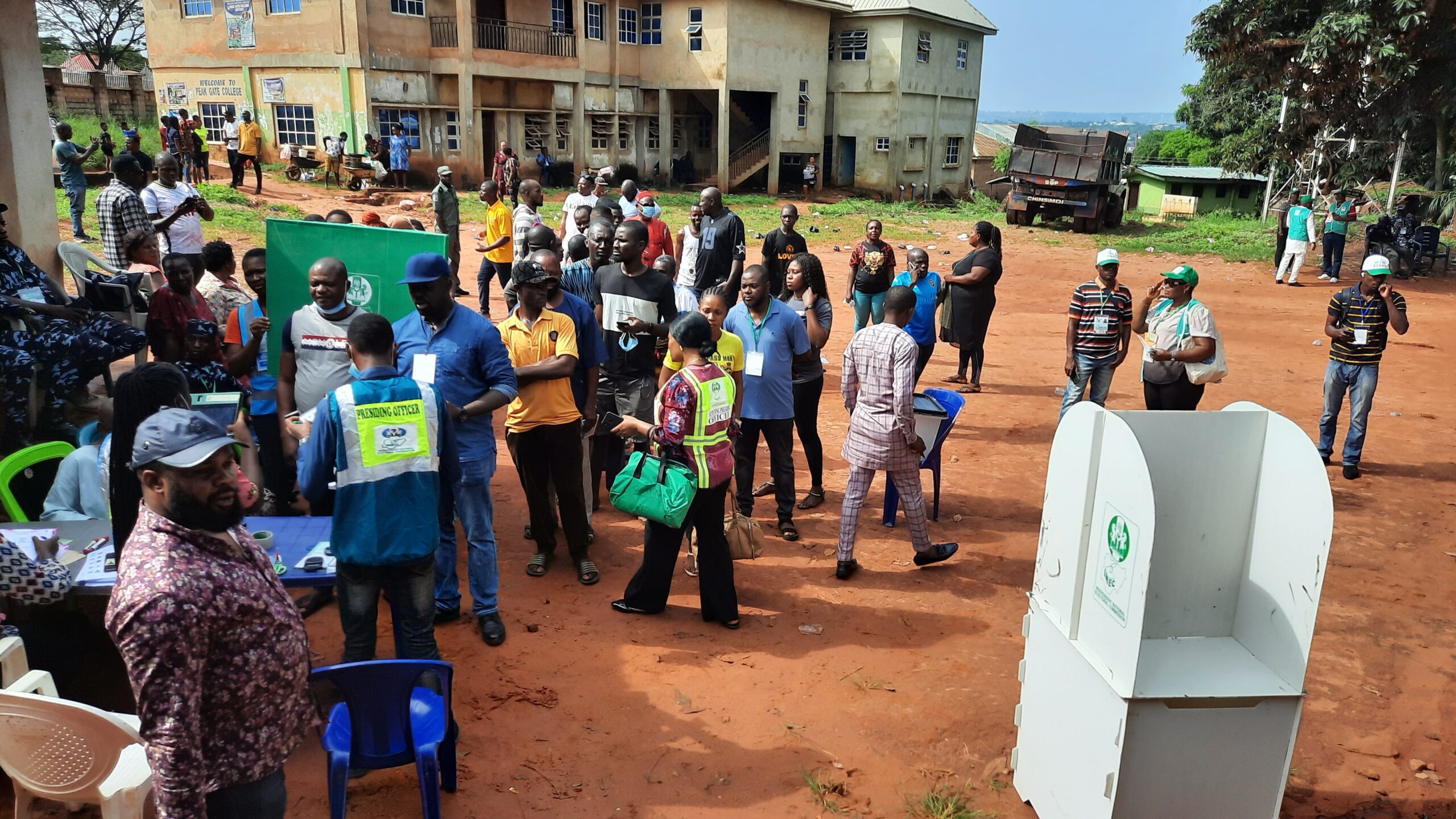BY ZAINAB SHINKAFI-BAGUDU
On July 10, 2020, agents of the Nigerian Immigration Service (NIS) prevented the departure of 58 Nigerian medical doctors from Murtala Mohammed International Airport (Lagos) on a chartered aircraft bound for London (United Kingdom). This was at a time when the Nigerian airspace was closed to international air travel as part of the public health measures put in place by the Government of Nigeria to prevent the local spread of COVID-19, 56 of the doctors had travel visa waivers to travel to the United Kingdom as part of a recruitment drive.
In the last few months, there has been a renewed, persistent and systematic recruitment exercise targeting Nigerian healthcare workers. On a daily basis, doctors, nurses, physiotherapists, laboratory technicians are subscribing to application processes to relocate to the UK, Saudi Arabia, Canada, and other high-income countries (HIC). Nigeria’s medical brain drain is not new, however, it has been exacerbated by the economic impact of the COVID-19 pandemic. The toll of COVID-19 on health systems across the globe exposed the frailties in healthcare delivery systems in both HIC and low and middle-income countries (LMIC).
The burden of COVID-19 on the healthcare system of countries such as the UK meant that advances in infrastructure and research could not compensate for the unprecedented need for highly skilled healthcare workers. The natural response was to headhunt medical personnel from countries like Nigeria with a history of providing human resources to the National Health Service, exploiting the significant remuneration gap between the two countries. A UK parliamentary publication in 2020 reported 8,241 medical personnel with Nigerian nationality working within the NHS in England alone, 1,890 of this total are medical doctors. It is interesting to note that this number does not include persons of Nigerian trained medical personnel who are now naturalised, British citizens.
Advertisement
I argue vehemently against the human resource for health flight even though some economists equally tell us that it offers real economic benefit to the nation in the form of foreign currency remittance. As a clinician who runs a medical diagnostic service provider, I find it difficult to accept their argument. In August 2021, we lost three highly qualified and experienced doctors from our radiology unit.
The latest data from the World Health Organization (WHO) reveals that Nigeria’s physician-to-patient ratio is 4 doctors per 10,000 persons. In the US the ratio is 26 doctors per 10,000 persons, and 28 in the UK. This obvious disparity raises a moral question on the continued and deliberate poaching of medical talent from LMIC like Nigeria by high-income countries.
I trained as a paediatrician in the UK and fully appreciate the advantages such a system offers. Better pay and working conditions, professional needs are met, and arguably better living conditions, etc. I had all of these. How about personal satisfaction in one’s heart? Surely, the extra burden on former colleagues as a result of relocation must weigh on their hearts. Does the Hippocratic oath taken to serve the Nigerian populace still hold true for clinicians trained with unparalleled government subsidies? Fleeing Nigerian clinicians adding their skills to nations with double-digit doctors per 10,000 people amounts to literally carrying coal to Newcastle.
I need you to know dear colleagues that even if eventually granted the foreign passport, a Nigerian doctor will never lead the medical union in these countries or be a minister of health. Yes, we do get the odd Nigerian excelling in the politics of healthcare but that is far
from the norm, they are the token few used to bait the many. No paycheque is worth your place in the Nigerian fabric, your pride of place is unequalled, your ability to save the lives of your kinsmen, and teach younger doctors in your own country.
Advertisement
On August 29, 2021, ThisDay News reported that diaspora remittances hit $34 billion. On December 21, 2020, Reuters reported that Nigeria’s parliament passes a $35.66 billion budget for 2021. Nigeria’s budget surpassed its diaspora remittances by a mere $1.66 billion. I am not oblivious to the economic value that professionals in the diaspora bring to Nigeria or the adverse pressures the lack of structured social safety nets places on those still fighting the good fight within our shores.
We can make it work for both sides by negotiation and open dialogues between relevant governments, training bodies, and professional associations.
• Nigeria should, as a matter of utmost priority, begins to chart ways on how to woo its diaspora population back to Nigeria. I once read that more than 50% of the FDI received by China in the 80s and 90s were from returning ethnic Chinese in the diaspora. Policy in practice must align with the professions of the political class, federal and state governments must prioritise the delivery of enabling environments for economic growth. That means we must boldly and honestly tackle insecurity, corruption, and bureaucratic inefficiencies.
• The federal government should consider putting in place a system through designated registration councils (NMDC-GMC) that requires medical professionals trained in GON tertiary institutions serving a minimum number of years before they are permitted to work in other countries. This will ensure that Nigeria is not subsidising health systems in other countries like it is currently doing- albeit unintentional.
Advertisement
• Federal and state governments should as a matter of urgency increase health spending. Despite Nigeria being a signatory to the African Union’s Abuja Declaration 19 years ago, to devote a minimum of 15% of the national budget to the health sector, allocations have consistently remained less than 8%. This is unacceptable. We agree there are competing needs, but there is no need as great as equitable access to quality health services. Without good healthcare, all other systems will eventually fail. Governments across our three levels must also become more efficient custodians of our commonwealth, they must address the continued malaise of ‘ghost workers’ and padded contracts.
•After all is said and done, we must train more qualified medical professionals to address our current human resource gaps. There is a need to optimize medical professional education in Nigeria, redesign our training programmes to deliver a 21st-century compliant curriculum that prioritises practice.
At the early stages of the pandemic, I started getting a letter from the General Medical Council (the UK’s regulatory body for doctors) offering me favourable terms to return to work. After about four mails, I replied declining the offer and got a terse understanding reply. I am still getting the same emails.
I was somewhat irritated not just because I felt patriotic enough to remain working here, but because it is immoral for countries with as many health resources as the UK, the US, and Saudi Arabia to target one with such paucity as Nigeria. While I totally understand the need to plan and expand their human resource pool, there should be clear policies against poaching from Sub-Saharan Africa.
Advertisement
When I jokingly told His Excellency the governor of Kebbi State, an economist who is a proponent of the positive effect of diaspora remittance, that I would like to take up my offer from the GMC and head back to the UK, he declined. My dear husband; the conditional economist.
Zainab Shinkafi-Bagudu is the first lady of Kebbi state, founder/CEO of Medicaid Cancer Foundation and board member, Union for International Cancer Control.
Advertisement
Views expressed by contributors are strictly personal and not of TheCable.
Add a comment
